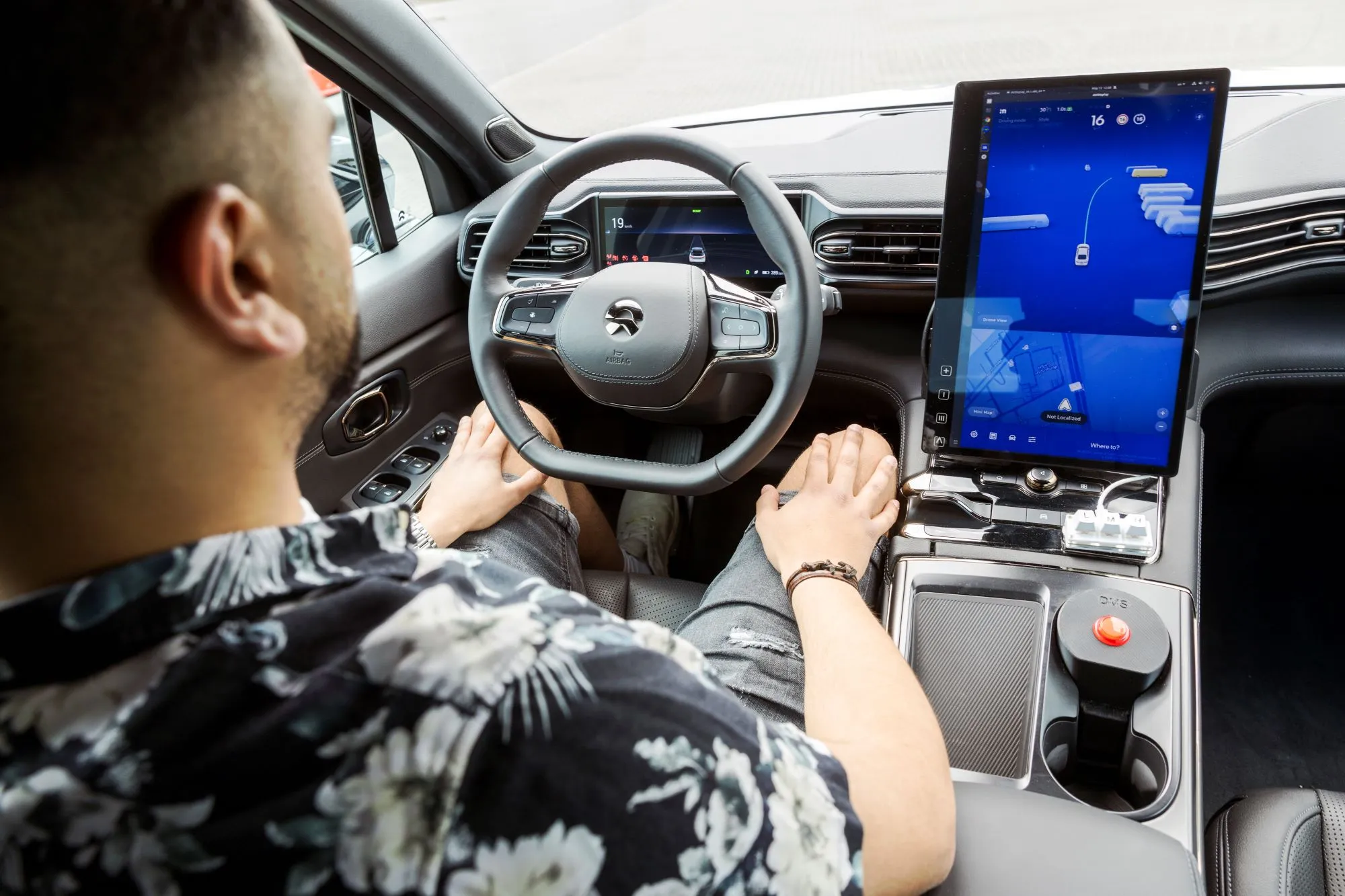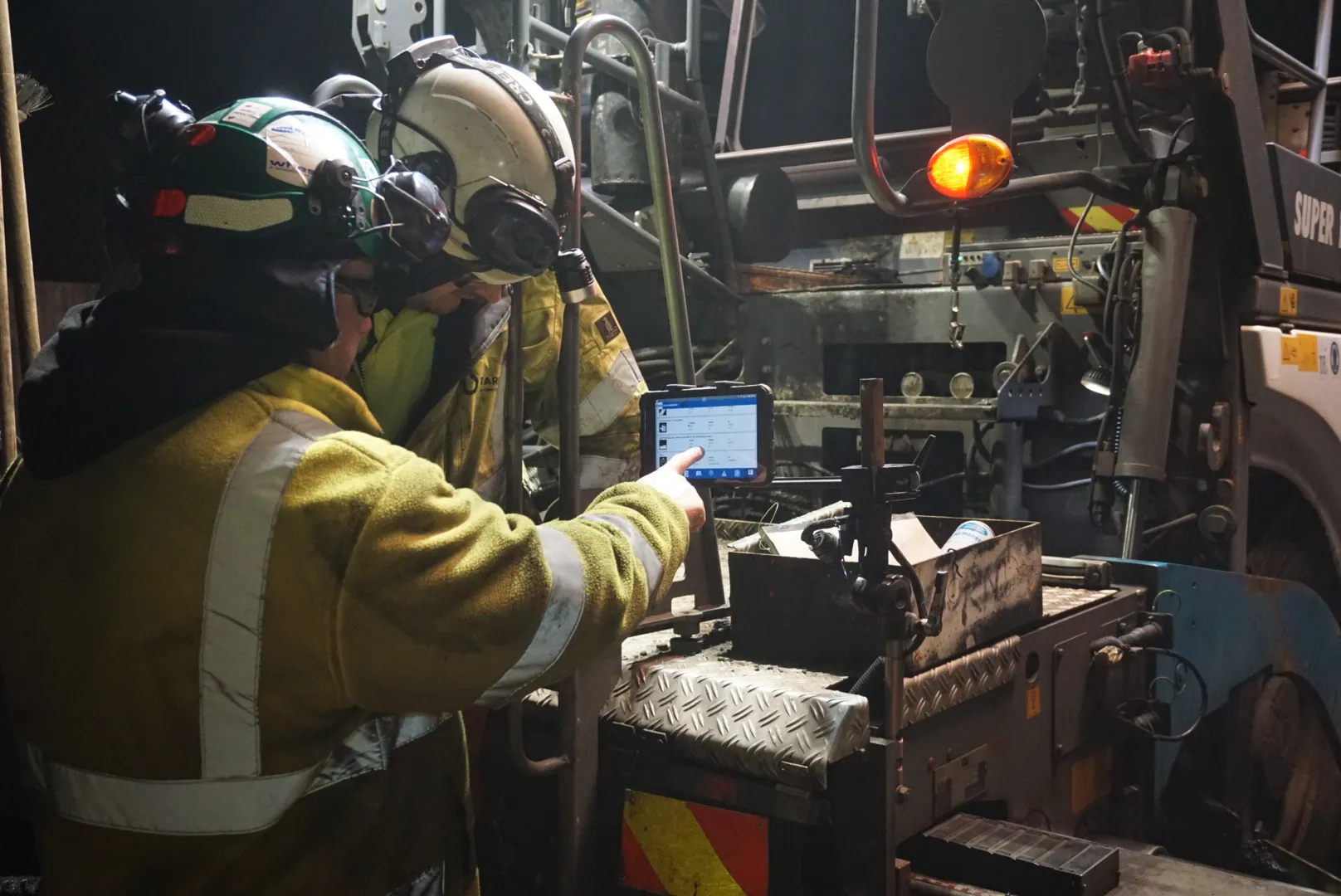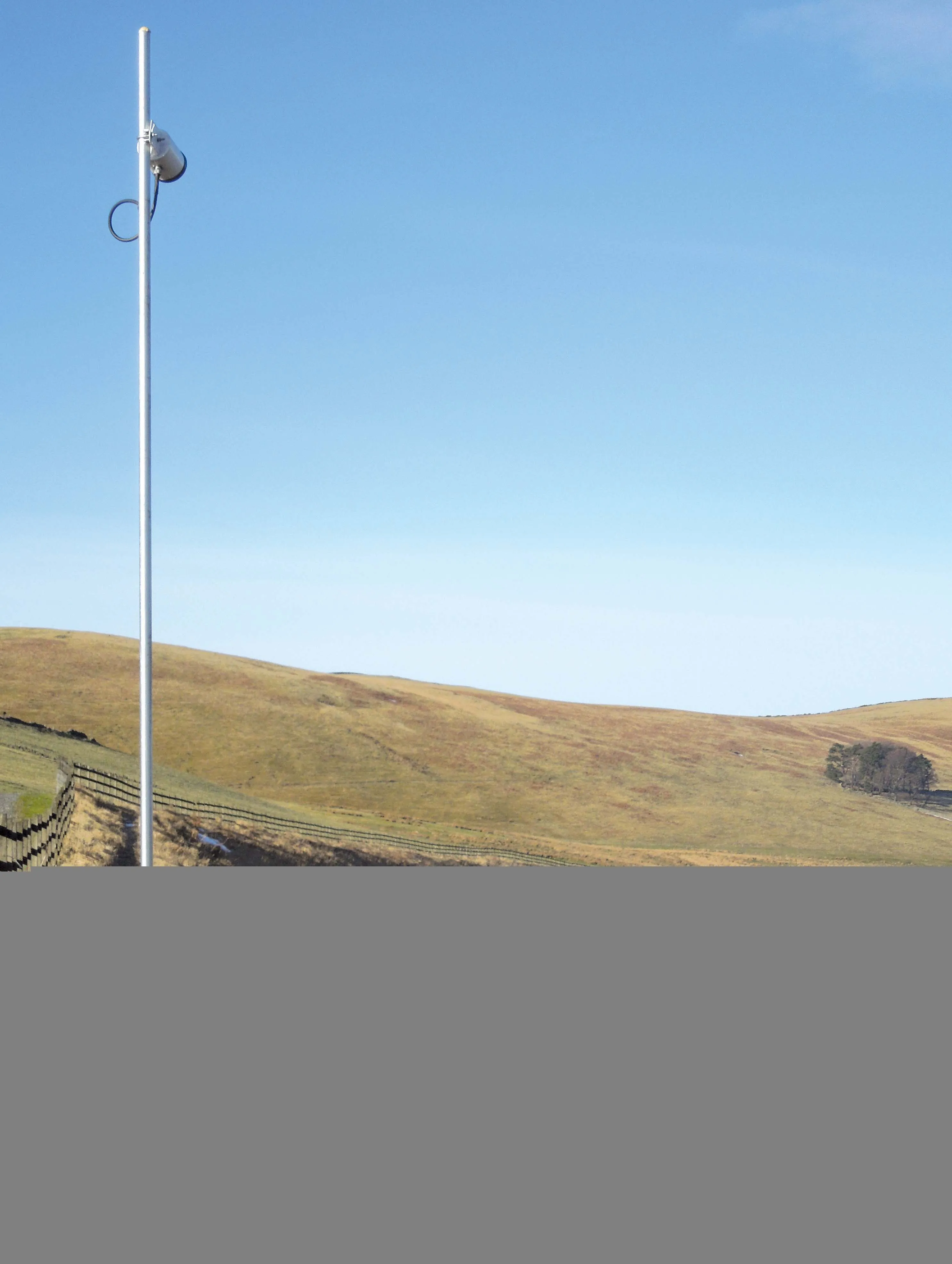
The first vehicle to operate at Level 4 automation in Germany is driving in normal road traffic in the city of Darmstadt.
Level 4 means that a vehicle moves autonomously - effectively driverless - within a defined area. For the first time, the decision on all driving maneuvers lies with the vehicle, although for safety there is always a driver on board during test operations.
Under a project named Kira – a German acronym for artificial intelligence-based regular operation of autonomous on-demand transport - a total of six autonomous shuttles will eventually operate in Darmstadt and the district of Offenbach.
The driving manoeuvres of the vehicles are monitored by technical supervisory personnel. But passengers are not yet riding in the Kira shuttle. Interested citizens can later apply as test users and then book the shuttles via their own app.
The project has required a Level 4 test permit from the Federal Motor Transport Authority. Kira involves a company from national rail and transport operator Deutsche Bahn, regional transport agency Rhein-Main-Verkehrsverbund, Darmstadt’s transit authority HEAG mobilo and the Offenbach regional transportation agency Kreisverkehrsgesellschaft Offenbach (kvgOF).
The first trips of the autonomous KIRA shuttles are to test the built-in self-driving system from Mobileye. The map material of the operating area is checked to ensure all data points along the road are correct.
Shuttles that can be ordered as needed - on-demand - can provide improved mobility, especially in rural areas. With drivers, on-demand shuttles are already on the road in 10 areas at RMV. Autonomously and thus without staff on board, such services can also be used nationwide in the future. In the spirit of the transport transition, an intelligent linking of different means of transport should enable seamless mobility from door to door that is as flexible as your own car.
The operator of the autonomous vehicles is the Deutsche Bahn company DB Regio Bus Mitte, while the Deutsche Bahn company ioki provides the software for booking and route planning. Also, ioki integrates the software components of the various technology partners. As a further partner, Mobileye is providing the software and hardware for the autonomous driving system.
The test and implementation phase will run until the end of this year but an extension is planned. Kira is supported with around €2.2 million from the Federal Ministry of Digital and Transport, with additional support from the German state of Hesse.
Further information about the project and the technology can be found at www.kira-autonom.de.







